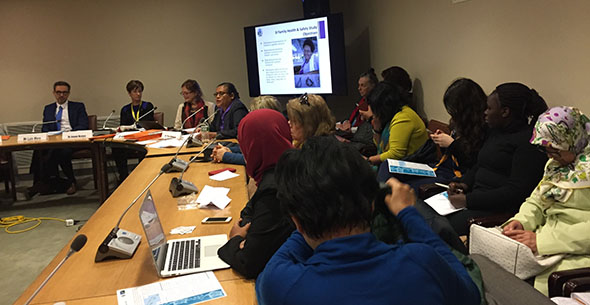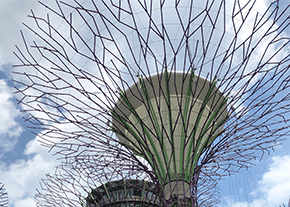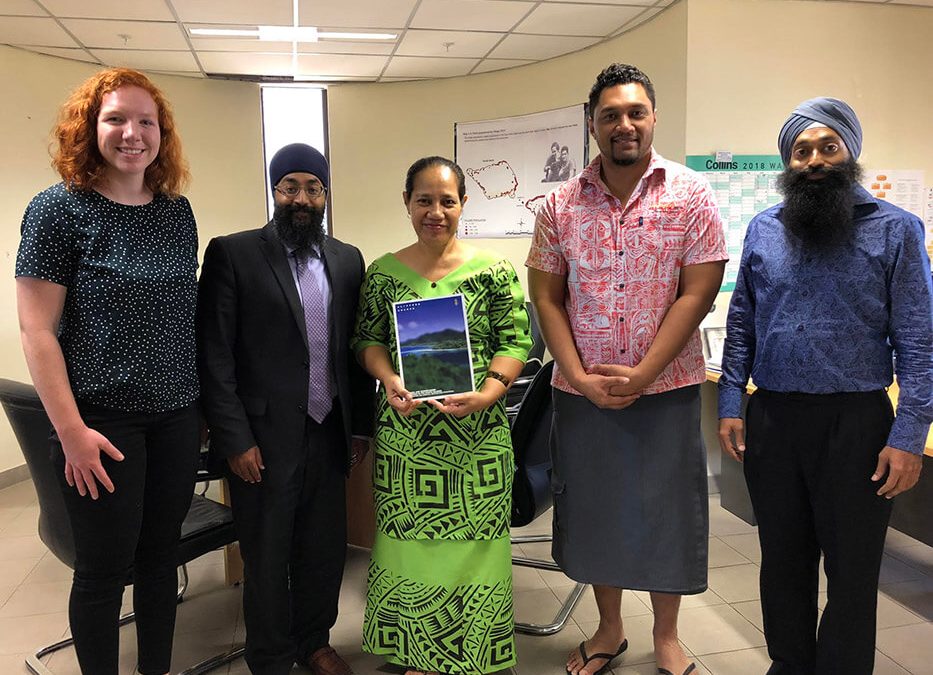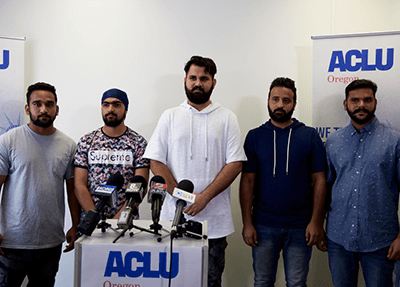
Articles |
The 63rd Convention on the Status of Women’s (CSW) priority themes were social protection systems, access to public services, and sustainable infrastructure for gender equality and the empowerment of women and girls, and magnetized women from all around the globe to...

Articles
Sisters For Change (SFC), on behalf of the EJA, invited ICAAD and other senior legal and policy experts to Singapore in April to share their technical expertise and personal experiences on the impact of discriminatory laws on women and girls within the Commonwealth,...

Articles, Publications |
This article highlights the important ramifications for the United States’ Compacts of Free Association with the Federated States of Micronesia (FSM), Republic of the Marshall Islands (RMI), and Palau around human rights, migration, and economic assistance leading up...

Articles |
With 2018 drawing to a close, we want recognize how your support has helped us promote equality in an increasingly challenging environment for many in the U.S. and around the world. With exceptional efforts from pro bono partners like Clifford Chance, Manatt,...

Articles, Publications |
Lawyers and local advocacy organisations will gain access to an important tool needed to identify gender bias within legal decisions made in Pacific Island Countries (PICs). The International Centre for Advocates Against Discrimination (ICAAD) released a handbook...

Articles |
Individuals feeling violence and persecution in their homeland were detained in a federal prison upon arriving in the United States and asking for asylum. ICAAD and the Innovation Law Lab provided legal counsel and other services and helped secure the release of 81...







